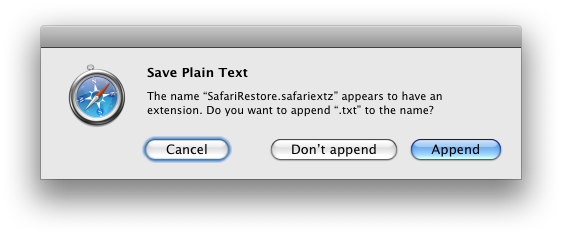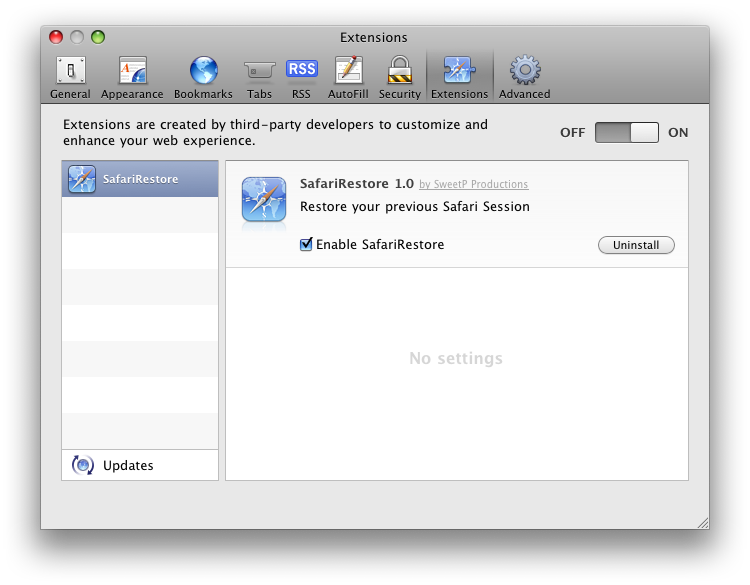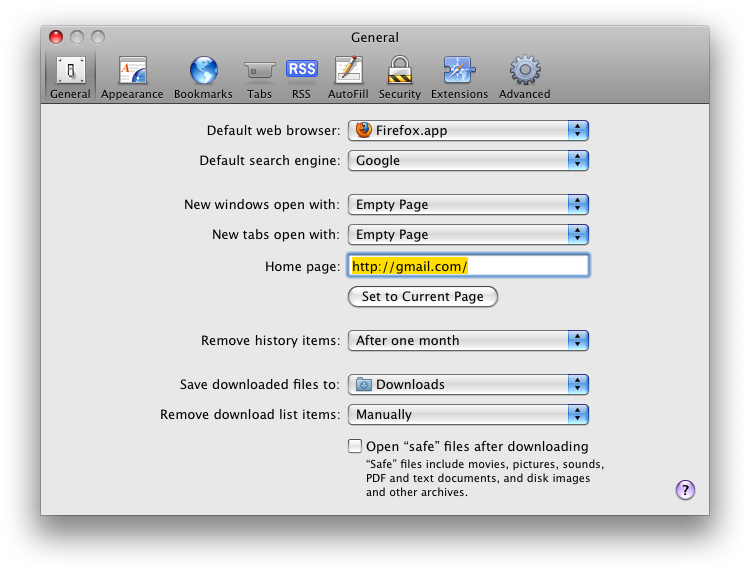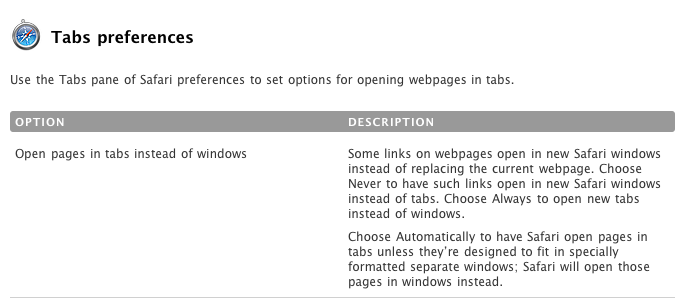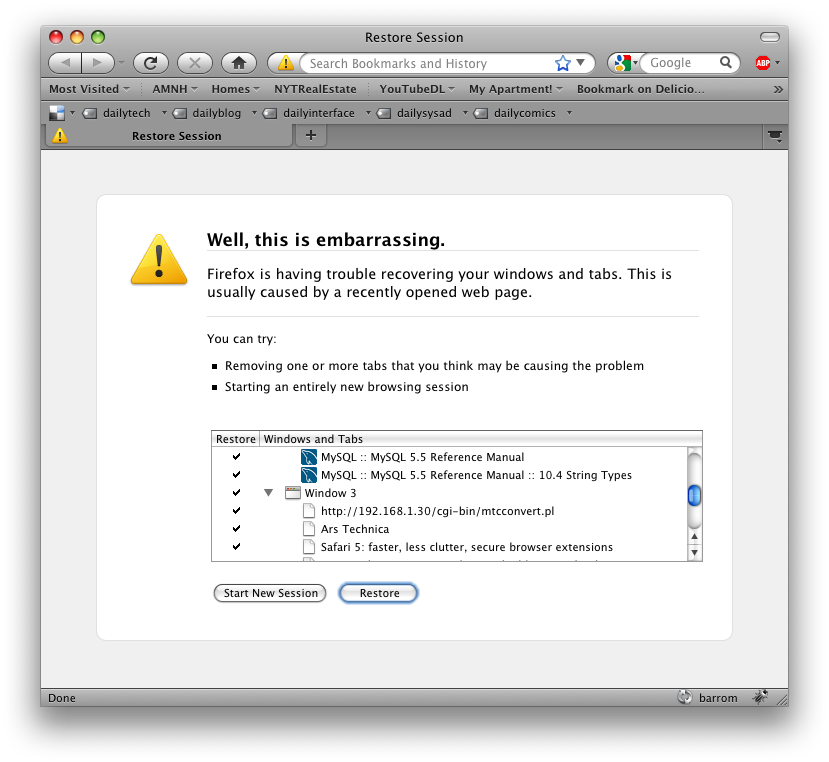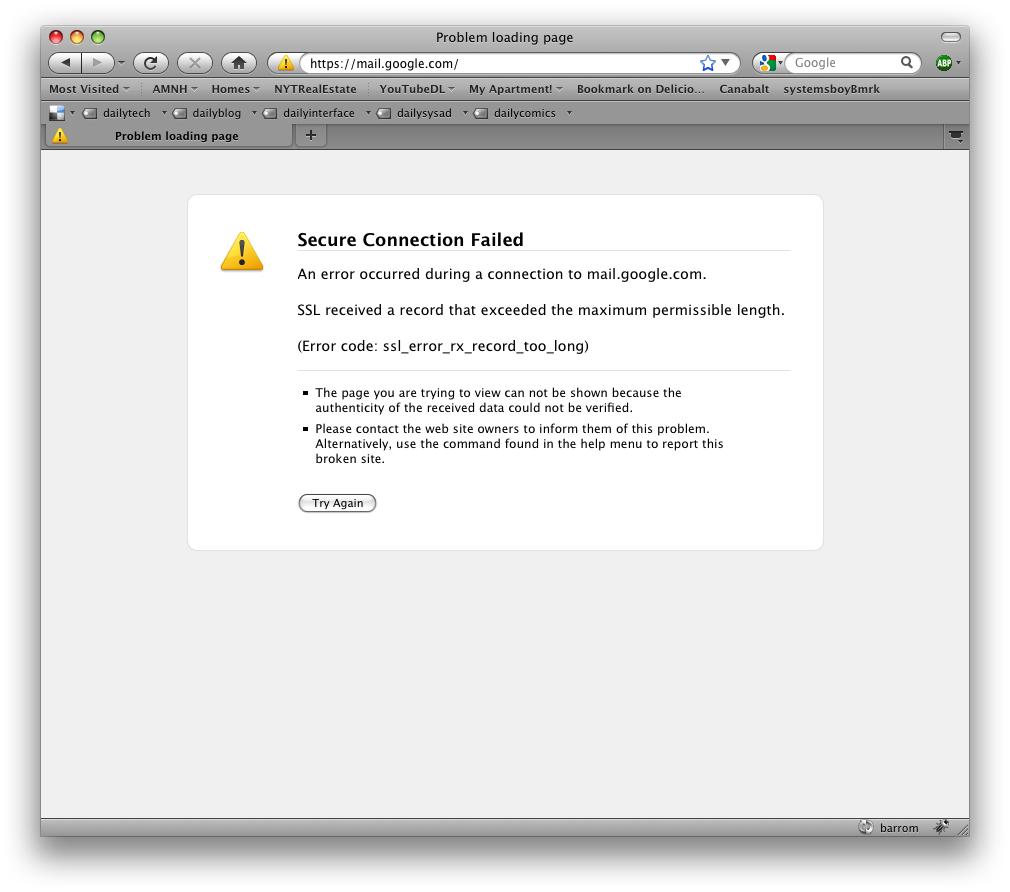There seems to be no end in sight to the anti-freedom arguments being leveled against Apple. I see new ones every day. And I maintain that the problem with the majority of these arguments is that they misdirect or conflate the wrong things.
A recent example comes from Mr. Dave Winer (via Daring Fireball). Winer, writing about a possible upcoming Apple TV that would purportedly rely completely on wireless network connectivity and Apple's media network for content, opines the lack of ports on the device. He plays the freedom card:
I've said it before and it's worth saying again. Apple is building the Disney computer network. All the streets are clean, and the entertainment too. There's no porn here, and as long as there are no ports it'll stay that way. But computers are meant to be more than DisneyLand, they are meant to solve societal problems and help our species evolve. That means we must have freedom. And freedom and control are exact opposites. So I'd rather have wire-cluttered desktops and TV stations, than have Apple decide what I can and can't watch.
Not long ago I pointed out that most arguments against Apple's rejection of Flash on their mobile platform were about freedom on the web — which should certainly be free — rather than the real issue, which is Apple's development platform — whose freedom is completely up to Apple. I find people lumping these two arguments together, when in fact they are largely unique:
Adobe makes it out like they just want people to be able to watch YouTube videos. But believe me, that too is a red herring. Adobe wants people to use Flash to write iPhone OS-native applications. Adobe wants control over Apple’s mobile platform.
I also pointed out another common conflation being made in many of the arguments floating around the web, and that is that Apple's mobile devices are computers, a point of view with which I take some issue, and which I think is really beginning to cause a great deal of confusion in the tech sector:
Until the iPhone there was never an expectation that phones should either run Flash or be open. A phone is not a personal computer. It’s a phone. All smartphones are just phones. They play by a whole different set of rules. And that set of rules is much longer and stricter than that of a personal computer.
The way I see it — and I think many of my peers would agree — the iPad and iPhone are not computers in the traditional sense of the word. From where I sit, a computer is a highly complex but highly capable device that can be used in extremely complex endeavors of creativity. It is immensely flexible in its configuration and abilities, and it can be charmed into performing near miraculous feats.
The iPad and the iPhone, on the other hand, are much simpler devices with much more limited capabilities and intended uses. They are largely used for either the most basic of productivity — the checking of email, the writing of lists or the creation of fairly simple documents — or for the consumption of media — books, movies, music. You can call them extremely capable iPods or extremely limited computers, I suppose, but they're not computers in the sense that I think of computers.
From a systems perspective, I think of the difference between iPads and MacBooks as akin to the difference between servers and server appliances. Server appliances are those inexpensive boxes you can buy for your home network that are mainly meant to be used for basic file sharing. The appliances are connected to and configured, in a limited fashion, via a web browser. For anyone who just needs a simple file server, they're quick and easy for the layperson to set up and they do their job perfectly adequately. But you can't log directly onto them, there is no access to the filesystem and they only do a handful of things. (Sound familiar?) They're not exactly true "servers" in the full sense of the word.
A true server is capable of and intended to be used for much more than simple file sharing. Typically you can log directly onto such a machine and configure it to perform a variety of complex and sophisticated tasks at very low levels, from file sharing to web and mail hosting to DNS. A true server, compared to its appliance counterpart, is vastly more complex and vastly more capable. And, of course, it's infinitely "free."
We live in a world in which these things coexist: We have server appliances for cases in which simplicity and ease-of-use are paramount; and we have full servers for cases in which we need ultimate power and flexibility. This is a very, very good thing.
Returning to Mr. Winer's argument with this idea in mind, I feel his conclusion is completely misguided. Winer is arguing for the freedom of computers, but he's not talking about a traditional, full-featured computer. He's talking about a device whose only purpose is for watching movies and TV. To say that the Apple TV should allow whatever content we want to put on it because all computers should be "free" is to erroneously conflate computers with the Apple TV, as well as with all other such products. They're simply not the same.
Perhaps what we need is a term for these devices that distinguishes them from one another. I like calling them "managed devices." On the one hand we have personal computers, completely unmanaged systems like my MacBook Pro, that allow for whatever sort of mucking about one might like to do. On the other hand we have this other class of much more limited devices, "managed devices" like the iPad, the iPhone and the Apple TV, which, though they are indeed computerized, are much more limited in their capabilities and intended scope. Because, frankly, treating these two sorts of devices like they're the same is leading to a lot of confusion and arguments that just don't make sense.
There's another side of Winer's argument that I take issue with, and that's the idea that it's somehow bad that Apple wants to keep pornography off its entertainment platform. The comparison drawn by Winer is with Disney. But the fact is that every single media outlet in the world controls what will and will not be hosted on its channels. Winer's argument strikes me as bizarre. No one complains that ABC, NBC or CBS don't show porn. No one complains that YouTube, Netflix or Blockbuster don't offer porn. Indeed, no one seems to mind that Disney itself is porn-free. Because that's what they do. They offer a clean, wholesome environment. If you want porn, don't go to DisneyLand. It's really that simple. Yes, I agree that the Internet should be free and open. But Apple's media network is not the Internet, nor are their devices.
These false equations — equating Apple's entertainment division with their computer division, their managed devices with their unmanaged ones, their mobile platform with the Internet — are wrongheaded. And they're only exacerbated (sometimes intentionally, I'd wager) by ad campaigns like Adobe's and propaganda pieces John Sullivan's, creating a self-fulfilling echo chamber that leads us to twisted, inappropriate conclusions like Mr. Winer's.
For what it's worth, I believe that Apple will continue to make personal computers — unmanaged devices that offer all the complexities and freedoms that folks like Dave Winer, John Sullivan and, yes, myself desire — for as long as there's a market for such devices, which I think will be for quite some time. Their lack of Flash support on their mobile platform does not preclude that. Nor does their lack of ports on their purported TV watching device. Nor does their management of their App Store. I also believe they'll continue to offer managed devices, like the iPod, iPad, iPhone and Apple TV, over which they will maintain considerable control, because there is and will surely continue to be a demand for such products.
To claim that these things are in any way the death of computing freedom is patently absurd sensationalism. It completely misses the point of everything that's happening with Apple and technology in general, and only serves to lower the level of discourse on the matter.




